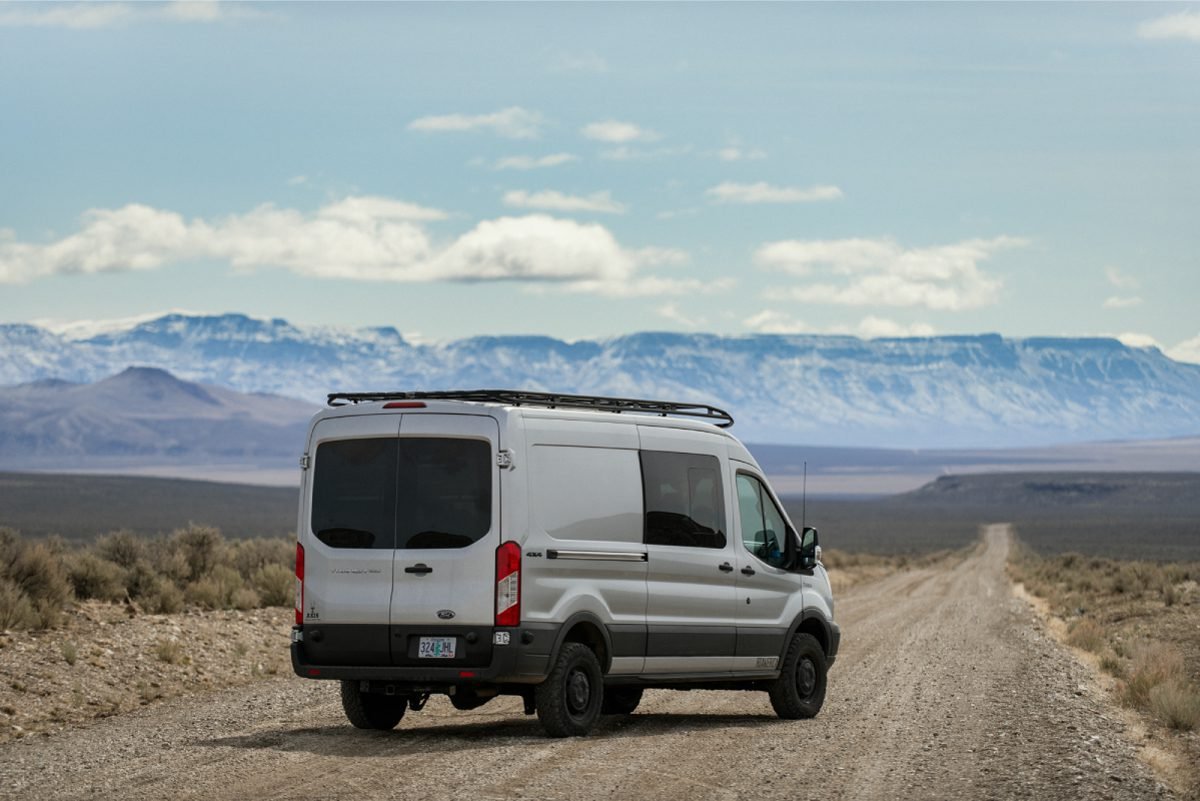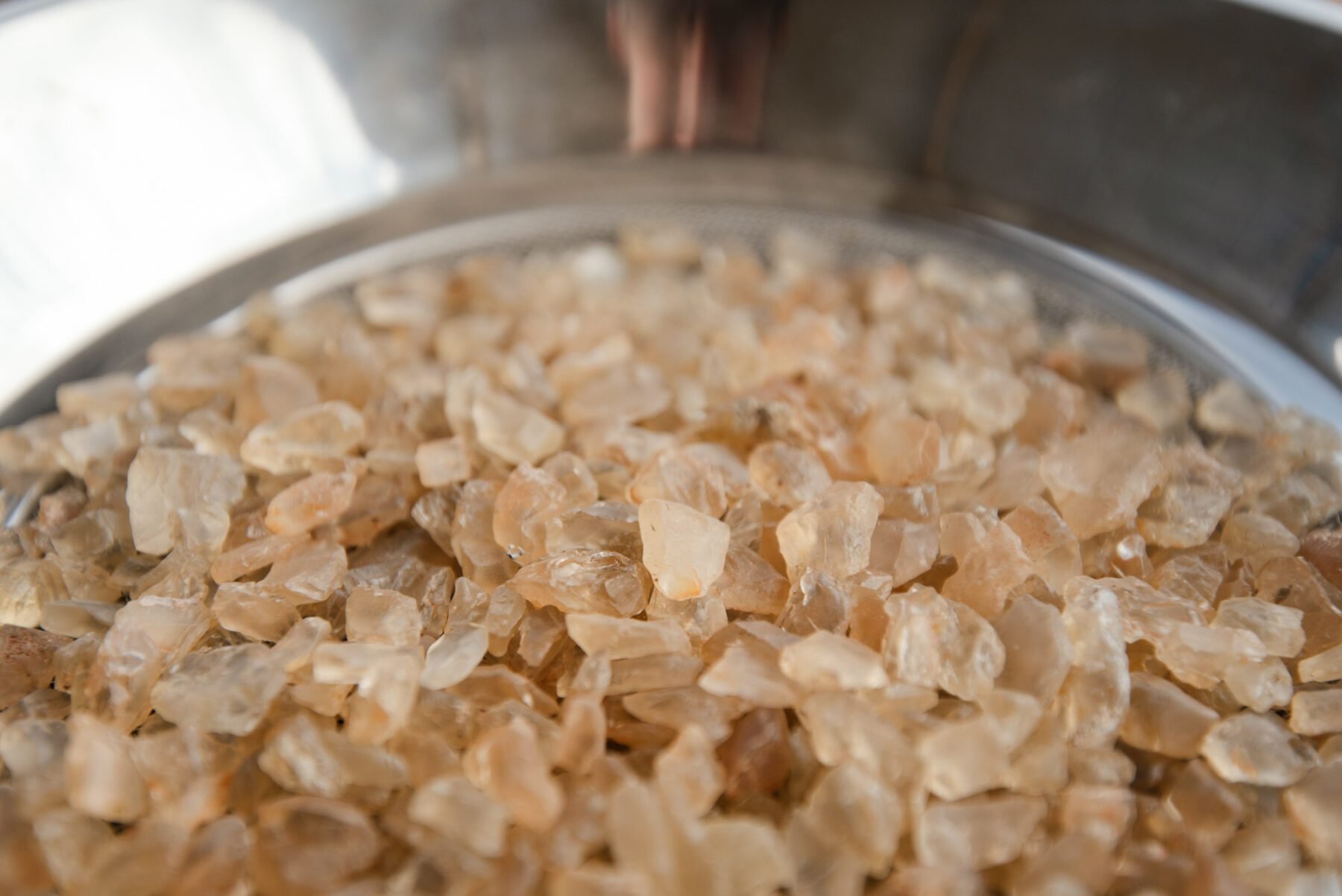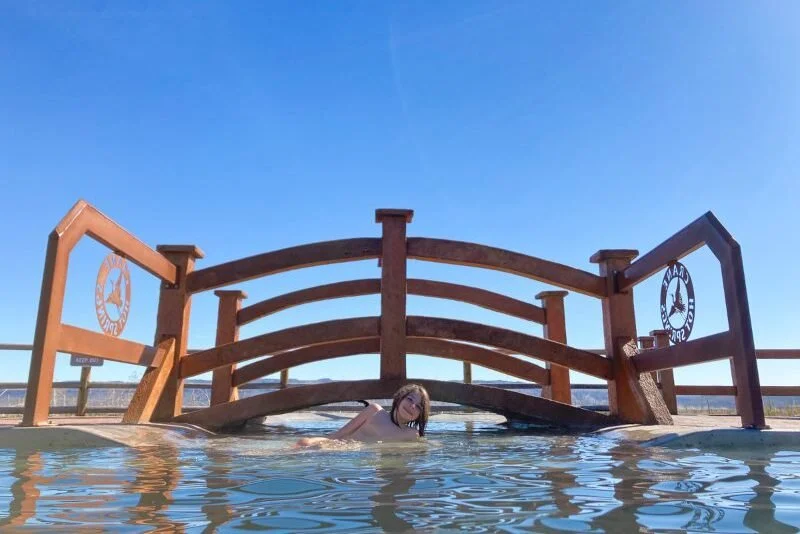Hot Springs and Sunstones: An Oregon Desert Classic
Photography and words by Ryan Flood
My love of the Oregon Desert runs deep, and thankfully my family doesn’t mind a few days of wandering among the sun-scorched scablands and sagebrush flats that make up a large portion of our state. They are especially motivated when it comes to hot springs, and there was one pocket of Southeast Oregon known for those rare geothermal gems that we had not yet explored on our previous travels through the area. And for good reason… Hart Mountain towers above the horizon like a high-desert island above the remote Warner Valley. While easily viewed from afar on other adventures in the area, it was never quite close enough to warrant a side-trip so this time we set our sights on it as our primary destination for this spring-break roadtrip with hot-spring soaks in mind as we emerged from winter. In keeping with this theme when planning our itinerary, we also identified a few other potential hot-springs for stops along the 800 mile round-trip route. Axis’s All wheel drive campervan is the best mode of travel for our family of four for such a trip. It allowed us to camp off-grid in the desert and make changes to our plan without being dependent on camping reservations and strict itineraries.
Like most Oregon Outback adventures, ours started in Bend–the epicenter of Central Oregon’s high-desert. After a few hours drive over Mt. Hood in a late-season snowstorm, we stopped in at Boneyard Brewing for a late dinner and decided to head toward Fort Rock for night one. As a day-use only area, we knew Fort Rock wouldn’t have a formal campground, but it’s surrounded by open BLM Land making a quick late-night park-and-sleep option an easy proposition. After finding our spot, we settled in for a cold-and-clear night of sub-twenty-degree temperatures that were a perfect test for the onboard heater in our van. Waking up in the frosty desert morning with the impressive Fort Rock looming in the distance, it felt like our roadtrip was officially underway and we headed toward the day use area to soak up some sun during breakfast and explore the area.
Sufficiently warmed up, we turned south toward Hart Mountain. Desert highways turned to gravel roads stretching into wide horizons and soon our primary destination came into view. The new snow that hit the Cascades the night before had also blanketed the high points of the desert, and Hart Mountain emerged as a long line of dark cliffs contrasted with a dusting of sparkling new snow. A unique ecosystem unto itself that supports an abundance of wildlife in the normally harsh climate, this geographic anomaly is home to the 422 square-mile Hart Mountain National Antelope Refuge created in 1936 as a range for remnant herds of pronghorn. The refuge hosts a visitors center with information on all of the wildlife viewing opportunities as well as some well-preserved Native-American cultural sites and hikes in the area. Being early season, many of the roads & trails were closed and it wasn’t quite time for peak wildlife viewing, but the main road led straight to the hot springs campground we came for. Once on top of the plateau, we descended into a small circular-valley and found a campsite nestled among aspen groves with a few inches of snow still on the ground. Just a short walk away, multiple hot spring options await. There is a larger deep developed pool surrounded by a cement deck, and a high wall for privacy should you need it. There are also a few shallow primitive pools out in the meadow if you prefer your soaks sandy and like to take in the surrounding views. We spent our time exploring all the options as light snow-showers passed in and out, continuing to shroud the top of the mountain in clouds. Our original plan was to spend a few days here enjoying the hot springs and exploring the area, but with the cold dreary weather and muddy roads blocking access to much of the area, we were craving a return to the sun we had experienced crossing the desert earlier in the day. After one night at the springs, we decided to head back down out of the clouds for another of our family-favorite activities.
The area around Plush, in the Warner Valley below Hart Mountain, is known for its abundance of Oregon Sunstone. There are a few larger mines in the region focused on extracting larger crystals of this unique gemstone, but the state has also set aside an area for public collecting with a few campsites and ample room for disbursed camping on the side roads that span out through the sage flats around the collecting area. This worked extremely well as a backup plan, as we found the sun again and looked back toward the clouds still covering Hart Mountain in the distance. You don’t need to be prepared with a bunch of rockhounding equipment to take advantage of the collecting opportunities here. Many of the stones can be found just sitting on the surface as you cruise through the sage around camp.
It certainly held our kids’ attention and after collecting that afternoon they were up and at it again the next morning as we enjoyed sunbreaks and rainbows shooting out across the desert. With enough sunstones for months of rock-tumbling, and the confidence of our Revolver by Axis to explore a few unknown roads, we popped back out on the highway and headed north to an altogether different hotsprings experience.
Crane Hot Springs just east of Burns, OR, is a family-run hot springs resort on a ranch that offers rustic cabins as well as camping while you enjoy the large soaking pool complete with a clean gravel bottom and manufactured waterfall. While it is more developed than our preferred style of camping (similar to what you would find at a KOA), it was an amazing place to soak and enjoy the night sky. The natural springs that feed their pool are scorchingly hot, which they temper with cool water, but if you like the heat you can take advantage of their “lobster pot”. If you have a contained camping unit like our Axis van, and prefer to have a little distance from the crowd, I recommend heading to their overflow lot which has views of the surrounding pond and the valley. However, they don’t allow campfires there so if that’s what you are looking for, you will have to nestle in with the rest of the trailers in the developed campsites with fire-rings.
Leaving soak-spot number two, we opted to drive north through John Day Country on our way back to Hood River. Another pleasant surprise of this trip was driving the section of Hwy 395 north out of Burns towards John Day. Winding through the sprawling Silvies Valley Ranch, it brings you to a great view of the Strawberry Mountains before dropping through narrow canyons toward John Day. We stopped to take full advantage of our van’s Aluminess roof-rack as a viewing platform– looking at the fresh spring snow on the mountains under sunny skies before finishing the last leg of the trip through all the varied terrain of the John Day Fossil Beds National Monument.
Once again, our Axis campervan provided our family an excellent adventuremobile for getting off the beaten path. We especially loved onboard heater for colder shoulder-season explorations on this Spring Break trip, and are already planning our next escape to the desert!

















